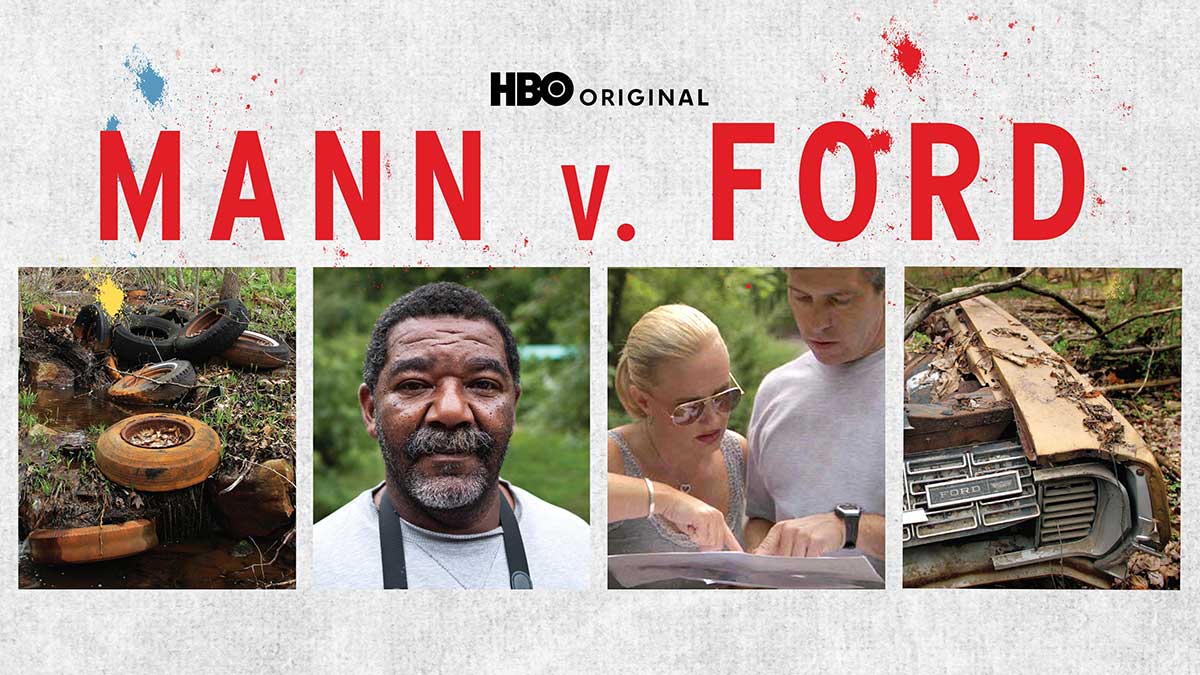
- This event has passed.
Price of Liberty Film Series: Mann v. Ford Screening & Discussion

NJCH is proud to sponsor the Montclair History Center’s 2024 Price of Liberty film series.
For the ninth year in a row the Montclair History Center will be hosting The Price of Liberty, a film and discussion series on issues related to race, segregation, integration, and Civil Rights. This year’s 2024 series explores environmental improvements sought for communities of people of color in the films Mann v. Ford (2011) produced by HBO and The Sacrifice Zone (2020) produced by Talking Eyes.
Thirty years after Ford Motor Company began dumping toxic waste in their backyard–and after one too many premature deaths–the Ramapo Mountain Indians filed a major class-action lawsuit: Mann v. Ford. This compelling documentary reveals the story of how this tiny tribe and their team of passionate lawyers took on the ‘big dogs’–Ford and the Environmental Protection Agency.
Screenings and discussion will be led by scholars Leslie Wilson, PhD and Khemani Gibson, PhD.
Mann v Ford will be screened on Thursday, February 22 at 7 pm at Montclair Film’s Cinema 505 at 505 Bloomfield Ave, Montclair. Screenings will be available as a hybrid event for online participation through zoom and free to the public, registration required here.
About the Scholars
Leslie Wilson is a professor and associate dean in the College of Humanities and Social Sciences at Montclair State University. He works with the Teacher Education Program as the coordinator of social studies education and he teaches African, American and African American history. He specializes in 19th century Antebellum America, and modern urban history. Professor Wilson writes on a variety of subjects and often has editorial pieces published in NJ.com.
Khemani Gibson is a community organizer from Orange, NJ with a PhD from New York University in history with a focus on the African Diaspora. His research looks at issues of identity and community formation as well as conceptualizations of freedom and citizenship in the late-nineteenth and twentieth century Caribbean region. While committed to his work as an academic, Khemani is deeply committed to bridging the gap between the academy and marginalized communities.
